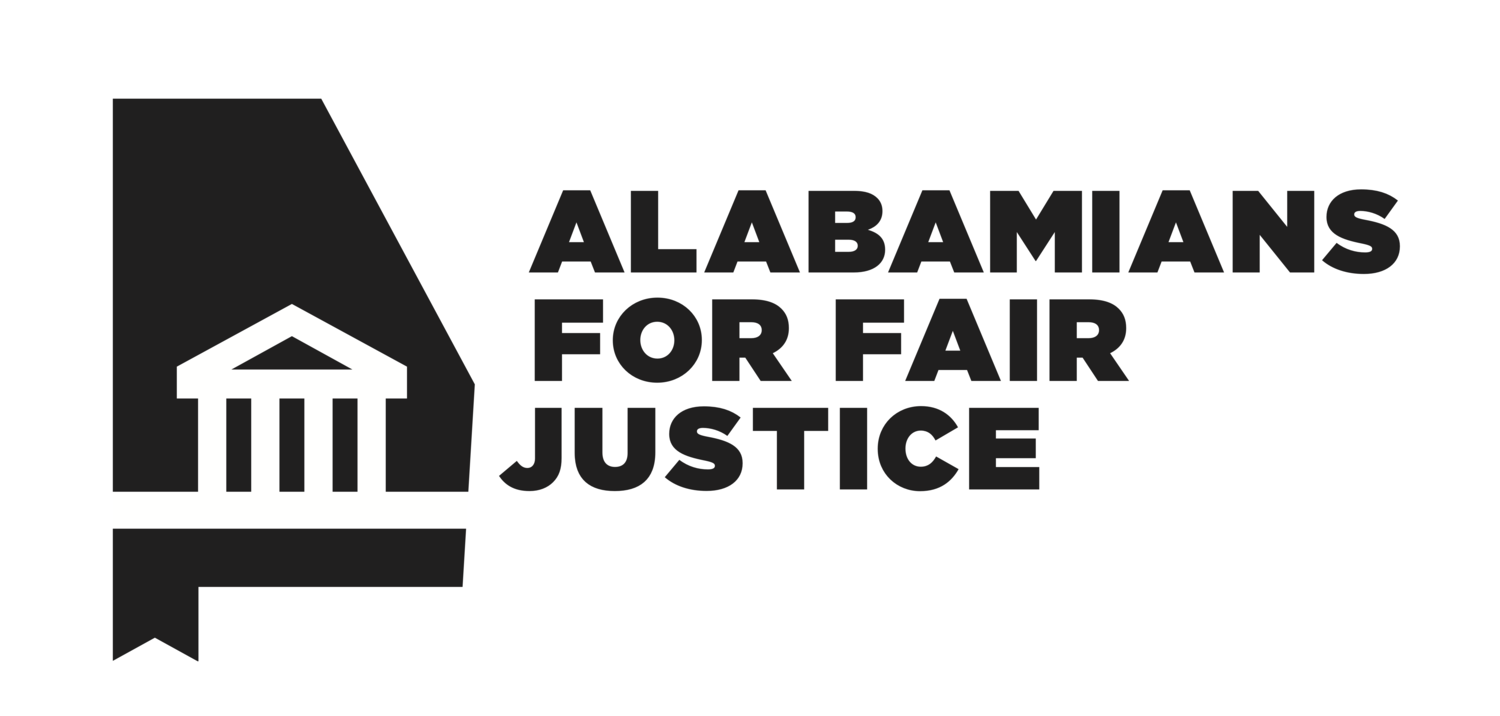Montgomery, Ala. — With the coronavirus spreading quickly across the country, organizations with Alabamians for Fair Justice demand that officials ensure the health and safety of people in jails and prisons, and release those people most at risk of suffering serious complications or death from contracting COVID-19.
The coalition of individuals directly impacted by the criminal justice system and supporting organizations are calling on Alabama, via a letter to Alabama Department of Corrections Commissioner Jeff Dunn, to immediately develop evidence-based protocols and proactively plan the prevention and management of a COVID-19 outbreak. A copy of the letter was shared with Executive and Legislative leadership.
Imprisoned and detained people are highly vulnerable to outbreaks of contagious illnesses such as COVID-19, said the coalition letter. People incarcerated in jails and prisons are housed in close quarters and are often in poor health. According to the April 2019 DOJ findings letter, Alabama’s prisons are already unconstitutionally overcrowded. Recent reporting has also shown that the Alabama county jail population has quadrupled between 2014 and 2018. The overcrowding in these facilities puts the people incarcerated there at serious risk during a viral outbreak. Without the active engagement of those who administer these facilities, they have little ability to learn about ongoing public health crises or to take necessary preventative measures if they do manage to learn of them.”
Alabama should also comply with state and national public health care guidelines; educate both staff and the people detained in local, state, and federal facilities on the dangers of the virus and how to avoid contracting it; keep infected staff out of facilities and isolate individuals who have tested positive; avoid lockdowns; regularly screen and test all individuals in the facility and those who work there; ensure free and accessible phone communication with family members and confidential access to legal counsel; release elderly and medically fragile people before they contract the disease; release people in pretrial detention who are charged with nonviolent offenses; limit future pretrial detention by issuing citations rather than arresting and booking people into jail; and approve early release of people who are within six months of their end of sentence date.
This has the potential to be a statewide health crisis. But Alabama could also lead the way and show other states how to manage this situation properly. A positive step has already been taken with the release of many detained peoples who have a bond of less than $5,000, a step also being done in states like Ohio, New York and Nevada.
###
Alabamians for Fair Justice is a coalition made up of formerly incarcerated individuals and family members of those currently or recently serving time in Alabama’s prisons, advocates, and civil justice organizations.
